Best Companion Plants For Zucchini That Will
Best Companion Plants for Zucchini That Will
Zucchini is a popular summer squash that is easy to grow and produces a bountiful harvest. But did you know that there are certain plants that can help to improve the growth and health of your zucchini plants? These are known as companion plants, and they can provide a number of benefits, including:
- Attracting beneficial insects. Some companion plants, such as marigolds and nasturtiums, attract beneficial insects that help to control pests. For example, marigolds attract ladybugs, which prey on aphids.
- Improving soil quality. Other companion plants, such as beans and peas, fix nitrogen in the soil, which can help to improve the growth of your zucchini plants.
- Providing shade. Some companion plants, such as sunflowers and corn, can provide shade for your zucchini plants, which can help to protect them from pests and diseases.
- Distracting pests. Some companion plants, such as garlic and onions, have strong scents that can help to distract pests from your zucchini plants.
When choosing companion plants for your zucchini, it is important to consider the specific needs of your plants. For example, zucchini plants need full sun and well-drained soil. They are also heavy feeders, so you will need to fertilize them regularly. When choosing companion plants, look for those that have similar growing requirements.
Here are some of the best companion plants for zucchini:
- Beans. Beans are nitrogen-fixing plants, which means that they can add nitrogen to the soil. This can help to improve the growth of your zucchini plants. Beans also help to suppress weeds and improve drainage.
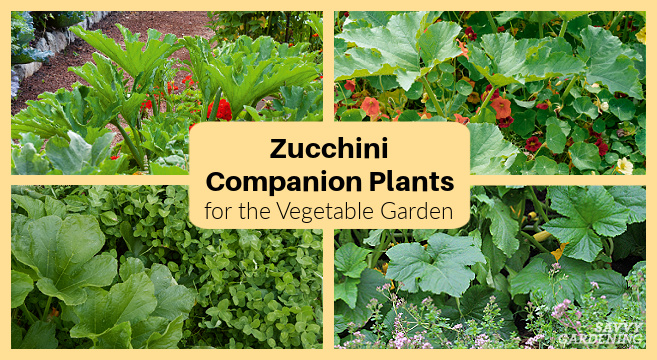
- Carrots. Carrots and zucchini are both root vegetables, so they can be grown together without competing for space. Carrots help to repel nematodes, which can damage zucchini plants.
- Cucumbers. Cucumbers and zucchini are both members of the cucurbit family, so they have similar growing requirements. They can be grown together in the same bed, but they should be spaced at least 2 feet apart to allow for good air circulation.

- Lettuce. Lettuce is a cool-season crop that can be planted in the same bed as zucchini in early spring or late fall. Lettuce helps to suppress weeds and improve soil drainage.
- Melons. Melons and zucchini are both vining plants, so they can be grown together if you have enough space. Melons help to attract pollinators, which can help to improve the pollination of your zucchini plants.
- Marigolds. Marigolds are a popular companion plant for many vegetables, including zucchini. They help to attract beneficial insects that prey on pests, such as aphids and whiteflies. Marigolds also help to improve soil drainage and suppress weeds.
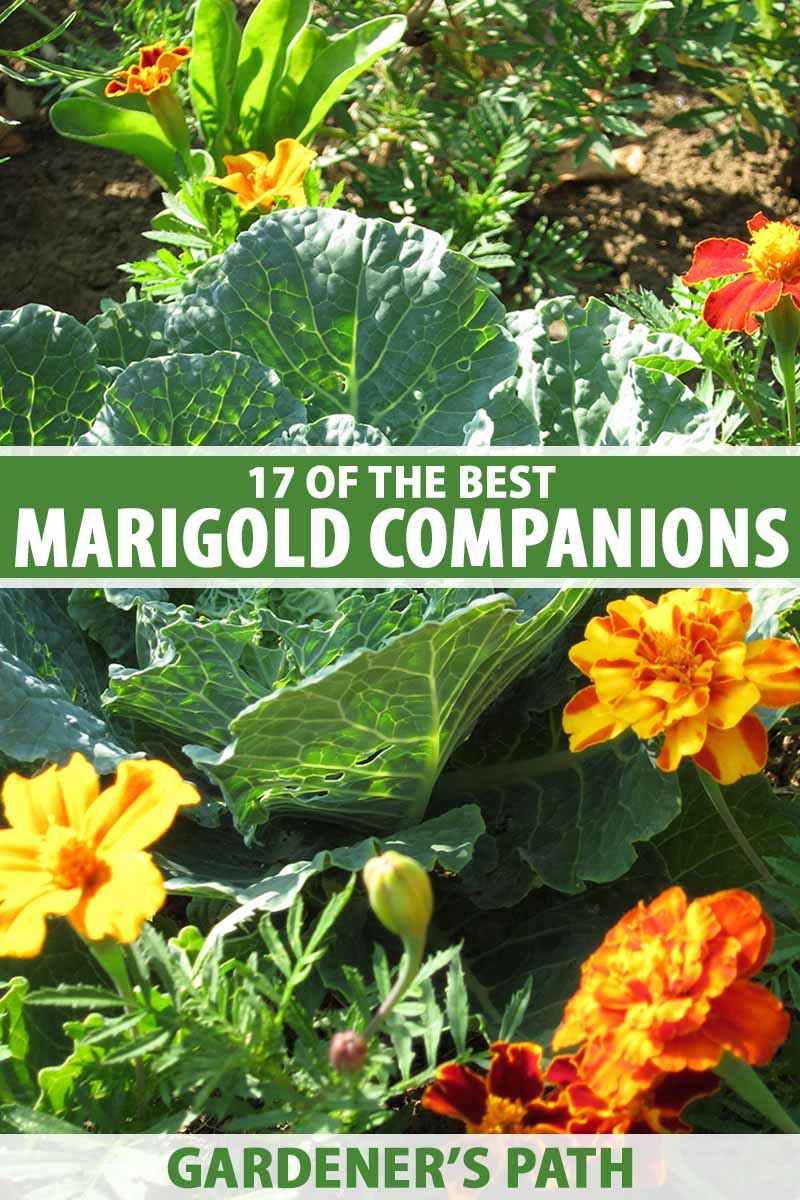
- Nasturtiums. Nasturtiums are another popular companion plant for zucchini. They help to attract beneficial insects, such as ladybugs and lacewings, that prey on pests. Nasturtiums also help to deter slugs and snails.

- Onions. Onions have a strong scent that can help to deter pests, such as cucumber beetles and squash bugs. They also help to improve soil drainage.
- Peas. Peas are nitrogen-fixing plants, which means that they can add nitrogen to the soil. This can help to improve the growth of your zucchini plants. Peas also help to suppress weeds and improve drainage.

- Potatoes. Potatoes and zucchini should not be planted together. Both plants are heavy feeders, so they will compete for nutrients. Additionally, potatoes can harbor the potato beetle, which can also damage zucchini plants.
- Sunflowers. Sunflowers are tall and provide shade for zucchini plants, which can help to protect them from pests and diseases. Sunflowers also help to attract pollinators, which can help to improve the pollination of your zucchini plants.
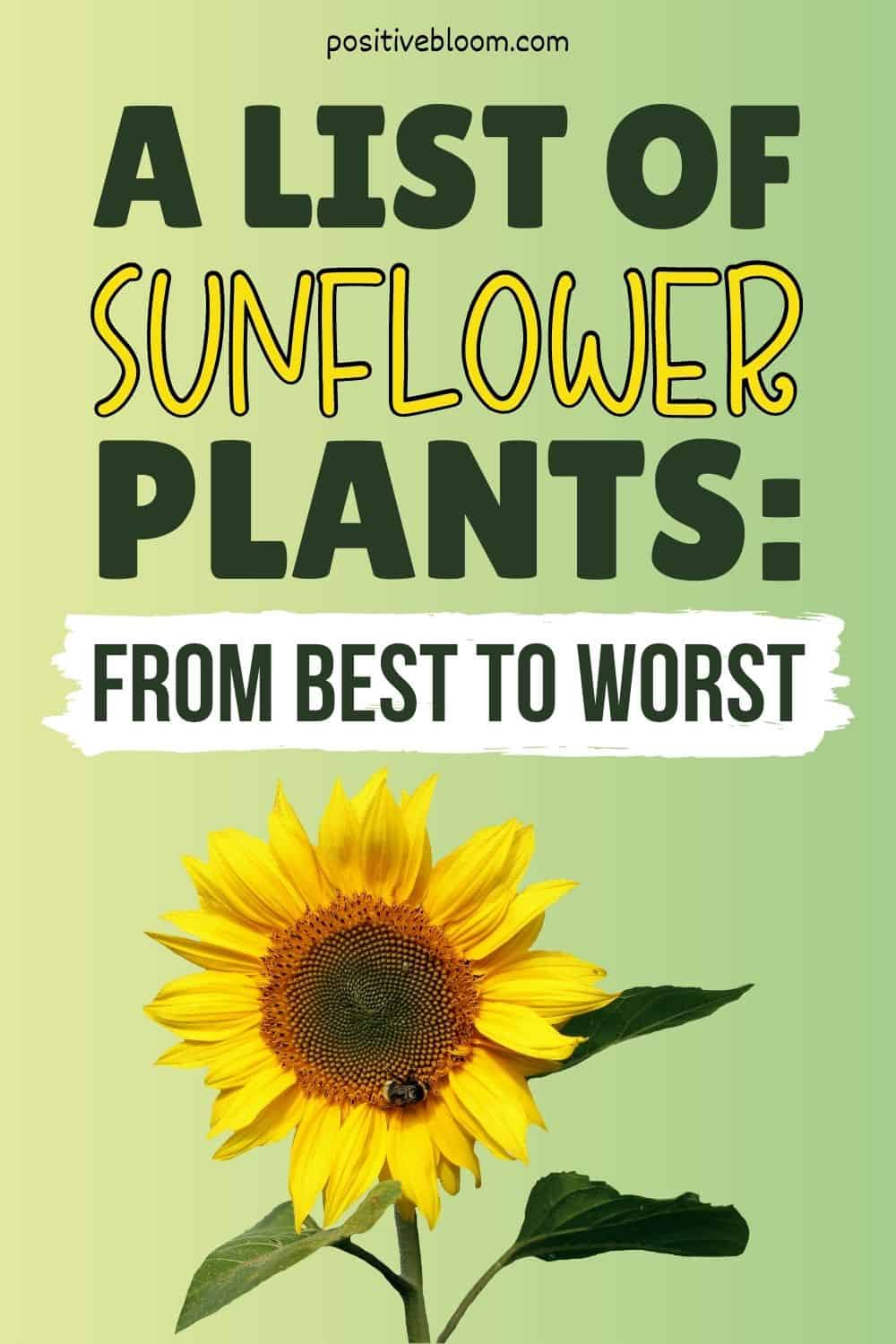
Zucchini is a delicious and versatile vegetable that can be enjoyed in a variety of dishes. But did you know that there are certain plants that can help your zucchini plants thrive? That's right, companion planting can help to improve the growth, taste, and pest resistance of your zucchini plants.
Some of the best companion plants for zucchini include:
- Beans: Beans are nitrogen-fixing plants, which means they can help to improve the nitrogen content of the soil. This can benefit your zucchini plants, as they are heavy feeders. Gardenia Inspiration
- Borage: Borage is a flowering plant that attracts beneficial insects, such as ladybugs and bees. These insects can help to control pests that can damage your zucchini plants.
- Dill: Dill is another flowering plant that attracts beneficial insects. It also helps to repel pests, such as cucumber beetles.
- Garlic: Garlic has strong sulfur compounds that can repel pests, such as aphids and squash bugs.
- Marigolds: Marigolds are another popular companion plant for zucchini. They help to repel pests, such as nematodes and whiteflies.
If you're looking for ways to improve the growth and health of your zucchini plants, companion planting is a great option. Visit Gardenia Inspiration to learn more about the best companion plants for zucchini and how to plant them together.
FAQ of best companion plants for zucchini
- What are the best companion plants for zucchini?
Some of the best companion plants for zucchini include:
- Beans: Beans fix nitrogen in the soil, which can help to improve the growth and productivity of zucchini plants.

- Corn: Corn provides shade and support for zucchini plants, and can also help to deter pests.

- Lettuce: Lettuce does not compete with zucchini for nutrients, and can help to suppress weeds.
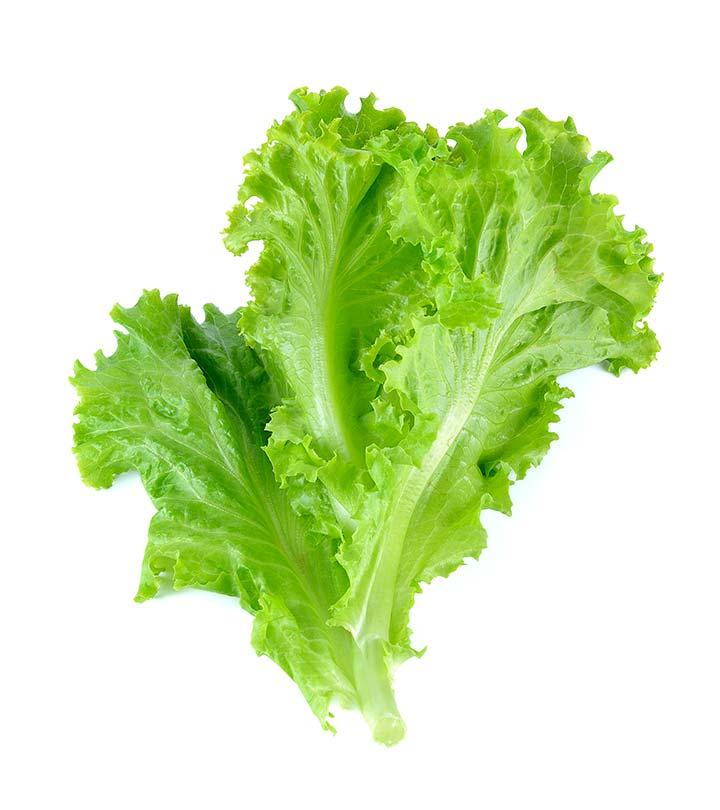
- Melons: Melons and zucchini have similar growing requirements, and can be planted together to help improve pollination.
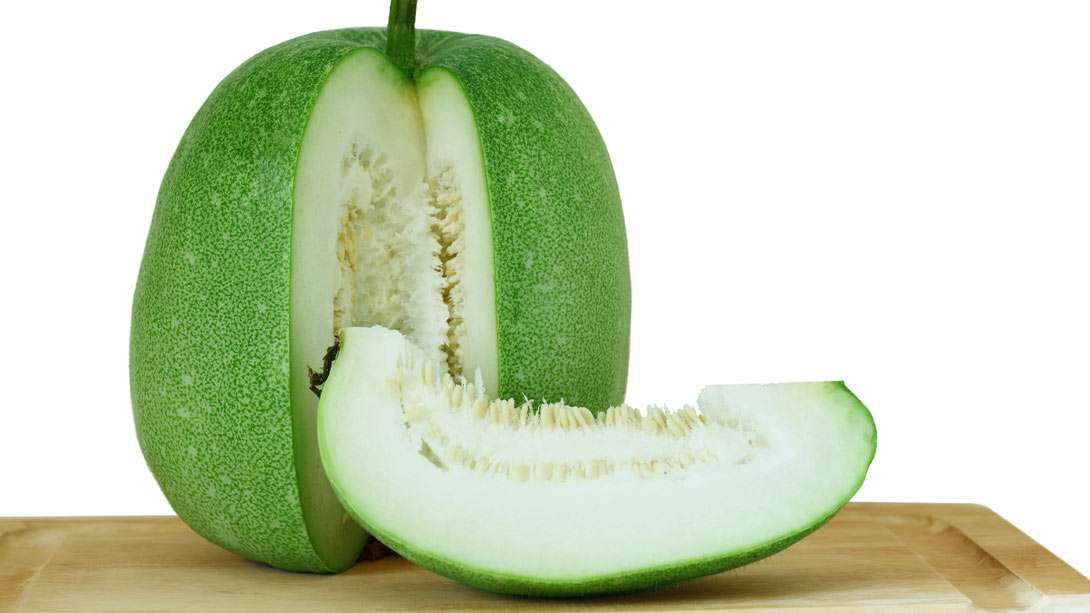
- Peas: Peas also fix nitrogen in the soil, and can help to prevent zucchini plants from becoming root-bound.
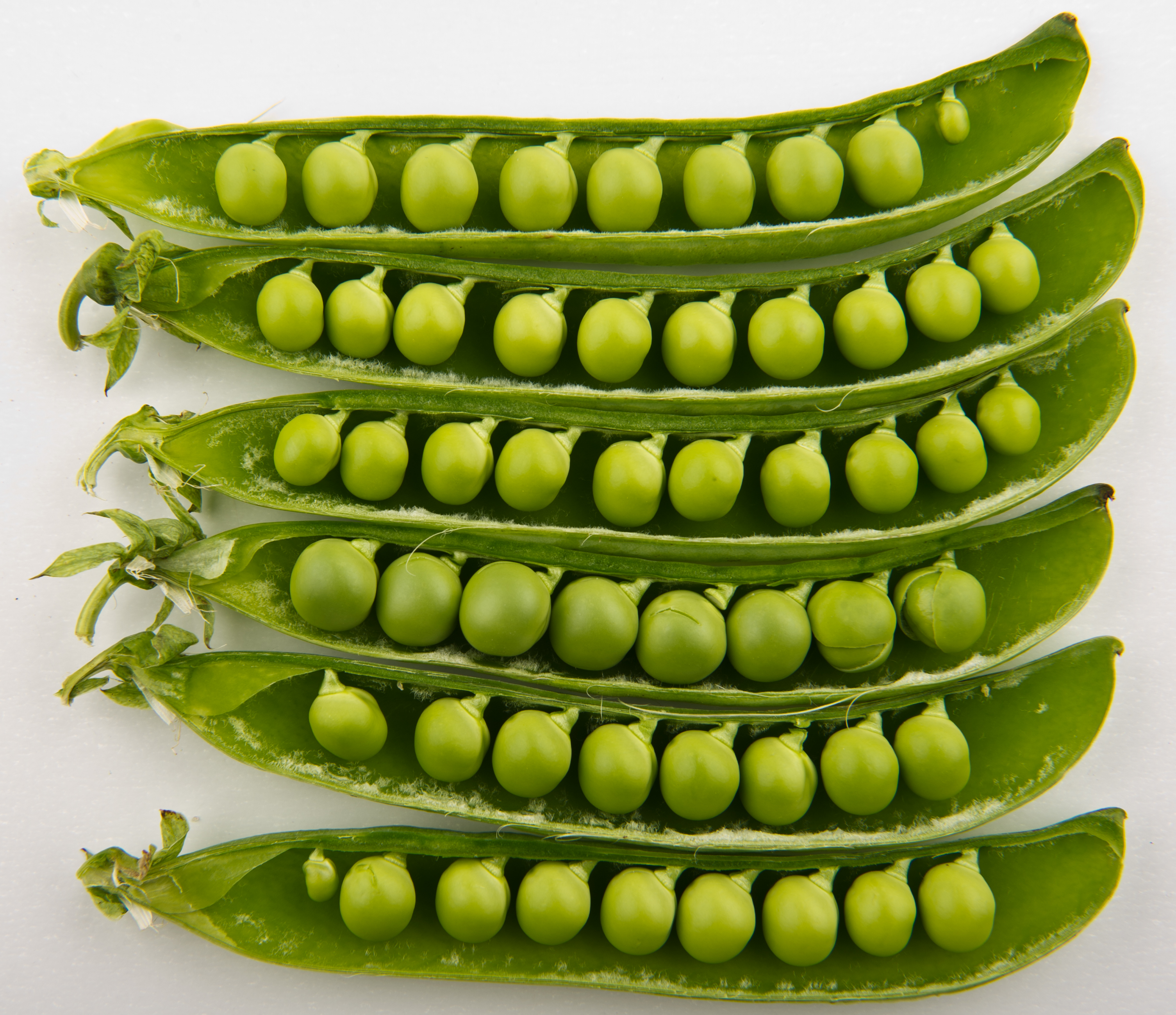
- What plants should I avoid planting near zucchini?
Some plants that should be avoided planting near zucchini include:
- Cucumbers: Cucumbers and zucchini are both members of the cucurbit family, and can cross-pollinate with each other. This can result in zucchini fruits that are misshapen or bitter.

- Potatoes: Potatoes and zucchini are susceptible to the same diseases, and planting them near each other can increase the risk of infection.
- Tomatoes: Tomatoes and zucchini have different water and nutrient requirements, and planting them near each other can lead to competition for resources.

- How do companion plants benefit zucchini plants?
Companion plants can benefit zucchini plants in a number of ways, including:
- Attracting beneficial insects: Some companion plants, such as marigolds and nasturtiums, attract beneficial insects that help to control pests.
- Improving pollination: Some companion plants, such as corn and melons, can help to improve pollination of zucchini plants.
- Suppressing weeds: Some companion plants, such as lettuce and peas, can help to suppress weeds, which can compete with zucchini plants for water and nutrients.
- Improving soil quality: Some companion plants, such as beans and peas, fix nitrogen in the soil, which can help to improve the growth and productivity of zucchini plants.
- How far apart should I plant zucchini plants?
Zucchini plants need plenty of space to grow, so they should be planted at least 3 feet apart. If you are planting multiple rows of zucchini, you should space the rows at least 6 feet apart.
- When should I plant zucchini?
Zucchini plants can be planted in the spring or early summer, once the soil has warmed to at least 60 degrees Fahrenheit. In colder climates, you may need to start zucchini plants indoors a few weeks before transplanting them outdoors.
Image of best companion plants for zucchini
- Marigolds help to repel pests, such as squash bugs and cucumber beetles.

- Nasturtiums also help to repel pests, and they can also attract pollinators.

- Borage attracts pollinators and helps to improve the flavor of zucchini.

- Cucumbers and zucchini can be planted together, as they have similar growing requirements. However, it is important to space them out so that they have enough room to grow.

- Peas can be planted around the base of zucchini plants, as they help to improve the soil nitrogen levels.

Post a Comment for " Best Companion Plants For Zucchini That Will"